Chief Public Defender, Cullen Sweeney, discusses the role of the Public Defender’s role in advocating for systemic criminal justice reform. We discuss bail reform, race equity, police and prosecution discretion, and sentencing reform.
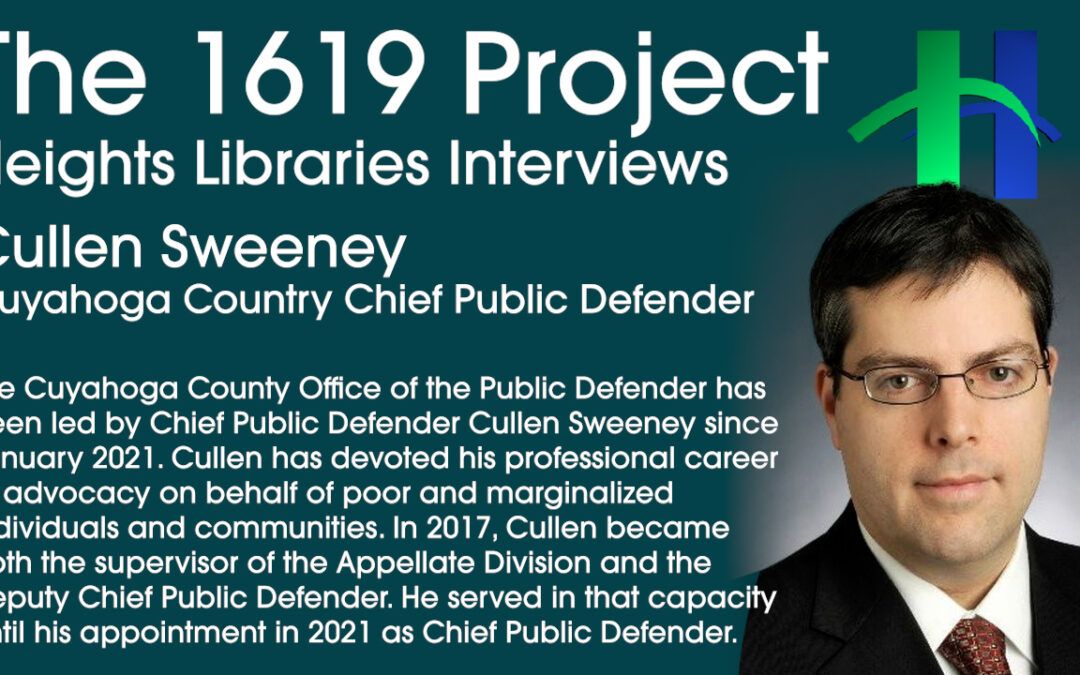

Chief Public Defender, Cullen Sweeney, discusses the role of the Public Defender’s role in advocating for systemic criminal justice reform. We discuss bail reform, race equity, police and prosecution discretion, and sentencing reform.

Professor Eric Herschthal discusses his article “The Science of Antislavery in the Early Republic: The Case of Dr. Benjamin Rush.”
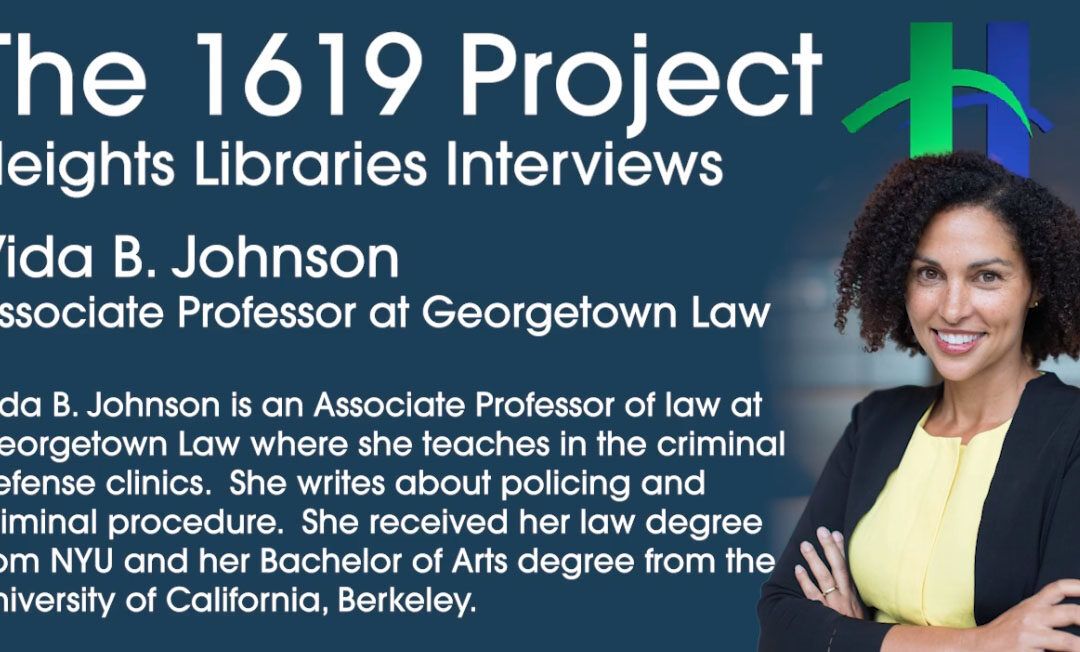
Professor Vida Johnson discusses two of her articles on police bias.
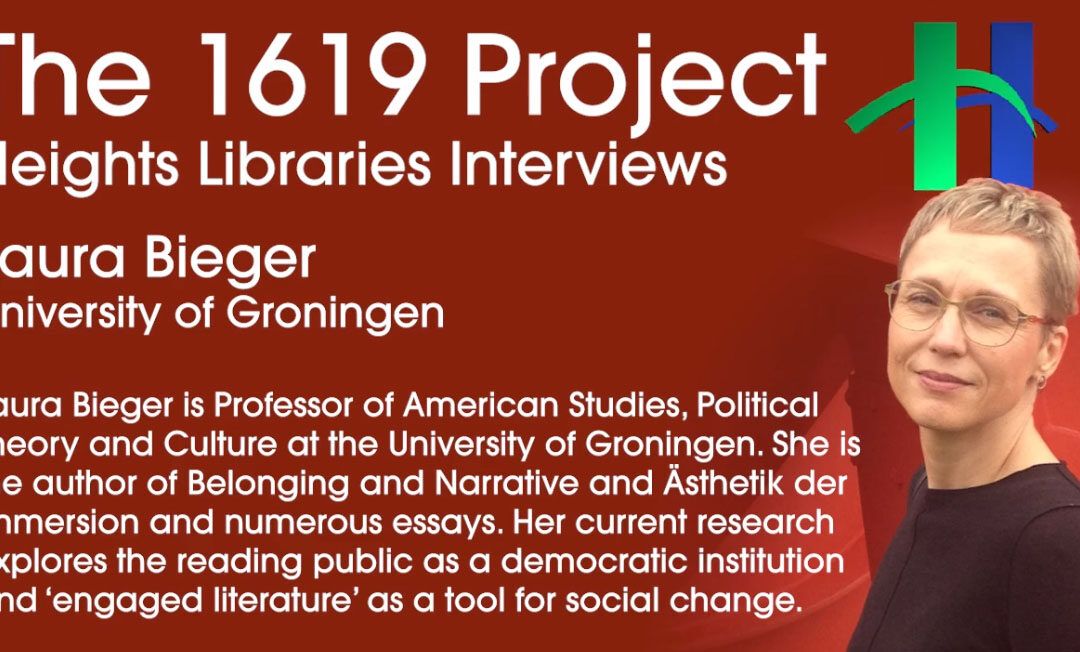
n this interview, Professor Bieger discusses her essay “The 1619 Project as Aesthetic and Social Practice; or, the Art of the Essay in the Digital Age” which examines the purpose, usefulness, successes, and failures of the 1619 Project.

Professor Reichel discusses his articles “Southern Slave Patrols as a Transitional Police Type” and “The Misplaced Emphasis on Urbanization in Police Development.”
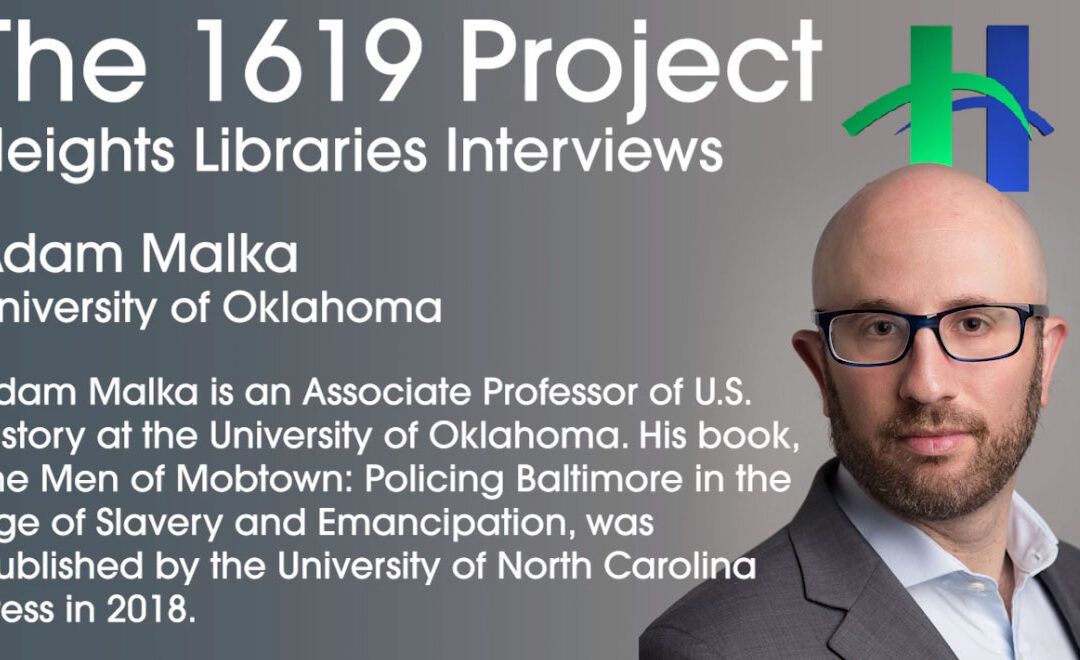
Professor Malka discusses his book, The Men of Mobtown, which explores how the free black population of the antebellum South came to be controlled and policed.
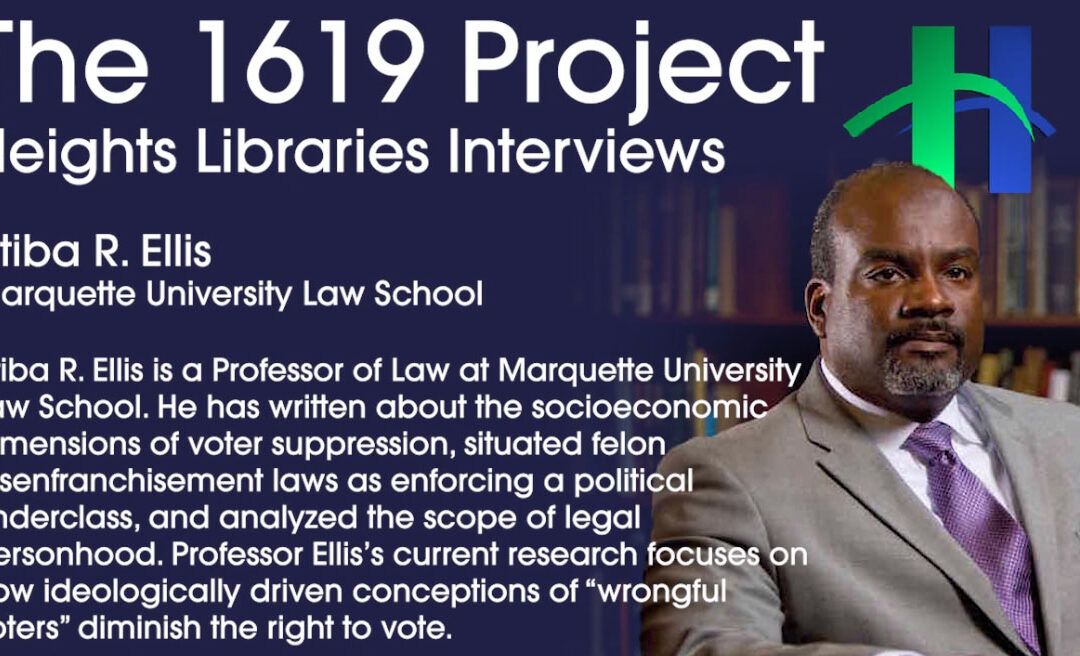
Professor Ellis discusses his essay Polley V. Ratcliff: A New Way To Address an Original Sin? on a fascinating court case, recently resolved, involving kidnapping, slavery, and freedom which might serve as a roadmap for a type of Truth and Reconciliation style reparation.
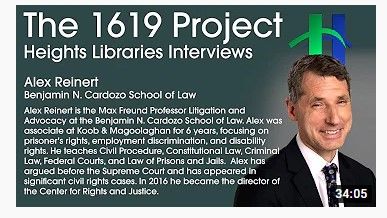
Prof. Reinert discusses his article “Reconceptualizing the Eighth Amendment: Slaves, Prisoners, and ‘Cruel and Unusual’ Punishment.”
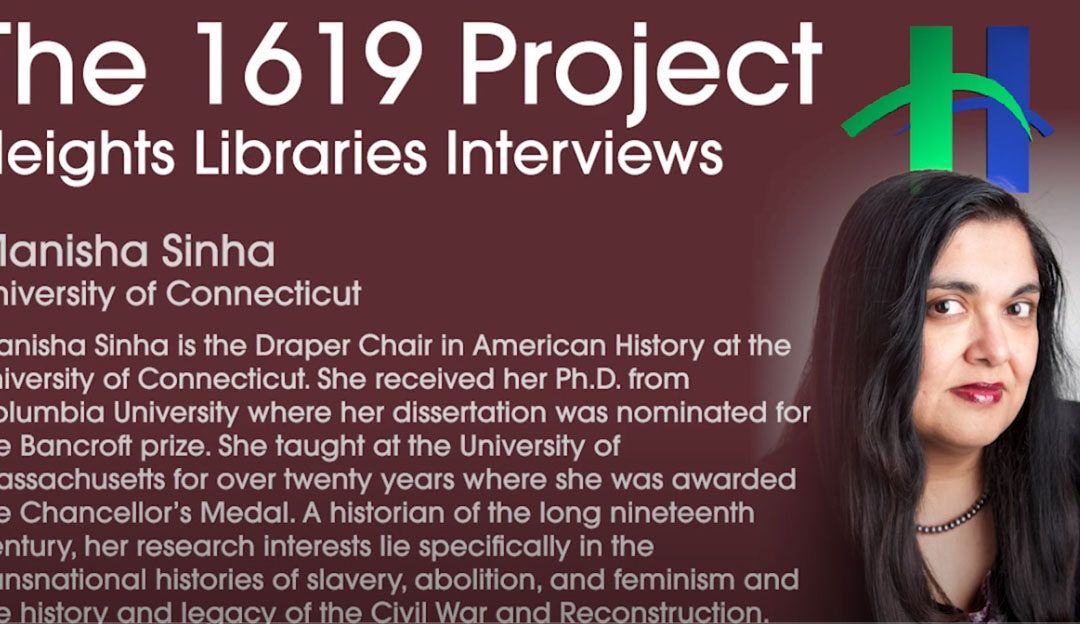
In this interview, Professor Sinha discusses the history of the Reparation Movement and its successes and failures.
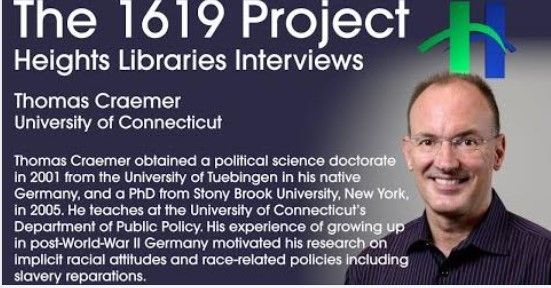
In this interview, Professor Craemer looks at past reparations for slaveowners in the United States and Great Britain as successful examples of multi-generational payments. We go into the math of how Black reparations might be calculated, as well.